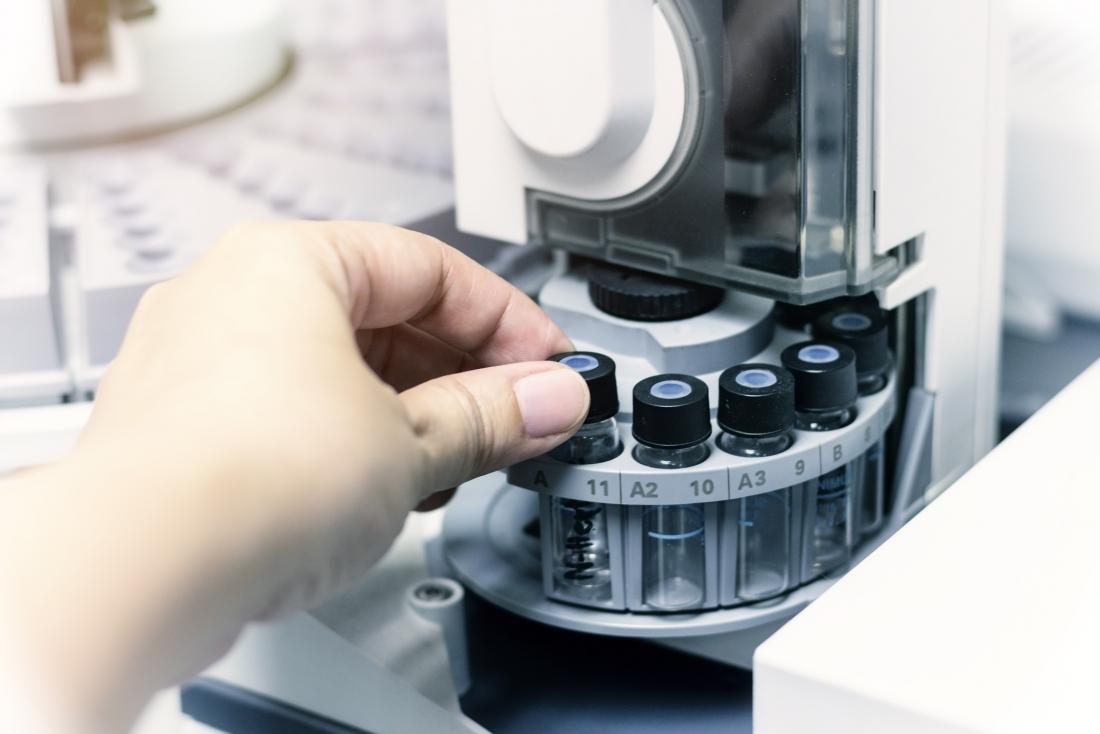New drug kills antibiotic-resistant bacteria in clinical trial

Antibiotic resistance is a major obstacle that modern medicine is currently grappling with. It has created crisis situations around the world, and researchers are trying to find solutions. One clinical trial is now breaking the superbug barrier.
Bacteria can cause a range of infections, and sometimes the best way to fight off these stubborn "bugs" is by using antibiotics.
However, many strains of bacteria can become resistant to antibiotics.
Furthermore, misuse or overuse of antibiotics has exacerbated this problem in populations across the world.
Given how serious the situation has become, the World Health Organization (WHO) have even published a priority list of antibiotic-resistant bacteria against which scientists need to come up with effective drugs.
Now, a new phase II randomized trial is bringing us one step closer to eradicating this global crisis. The trial was led by researchers from Shionogi Inc, a pharmaceutical company headquartered in Osaka, Japan.
The researchers' results, which now appear in The Lancet Infectious Diseases, suggest that a new antibiotic is effective in treating complicated urinary tract infections (UTIs) that stubborn Gram-negative bacteria, which are resistant to a range of other antibiotics, cause.
Novel drug is effective and well-tolerated
The trial — part of the Food and Drug Administration's (FDA) efforts to accelerate the development of more effective antibiotics — worked with 448 adult participants.
All had arrived at the hospital with a complicated UTI or diagnosed uncomplicated pyelonephritis, which is bacterial infection-induced inflammation of the kidney.
The scientists randomly assigned the participants to take either the new investigational antibiotic cefiderocol or the standard antibiotic imipenem-cilastatin three times per day for 1–2 weeks.
Three hundred people took cefiderocol and 148 took imipenem-cilastatin. Of these, 252 individuals who took cefiderocol and 119 individuals who took imipenem-cilastatin had a Gram-negative bacterium infection, so the scientists include their data in the final analysis.
Among them, the majority had infections resulting from Escherichia coli, Klebsiella pneumoniae, or Pseudomonas aeruginosa, all of which feature on WHO's list of antibiotic-resistant bacteria as "critical-priority" targets.
The researchers saw that cefiderocol was as effective and well-tolerated as imipenem-cilastatin in treating these stubborn infections, with very high efficacy rates.
Cefiderocol and imipenem-cilastatin had a similar number of adverse events, the most common of which were gastrointestinal disorders such as diarrhea, constipation, nausea, vomiting, and abdominal pain.
